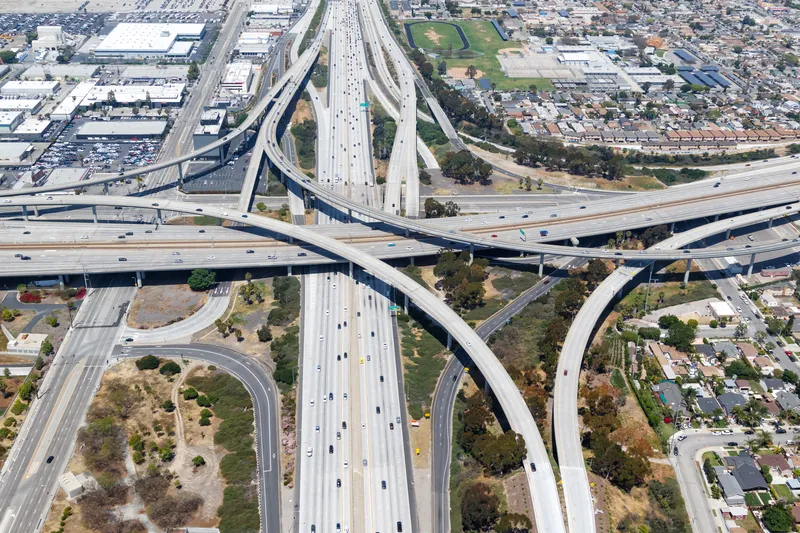Transport & Travel Research (TTR) and parent company Transport Research Laboratory (TRL) have secured funding for a pilot scheme to reduce tailgating by business drivers from the Road Safety Trust, a charity that funds research to support its objective of reducing road casualties. TTR is now seeking interest from potential local authority partners that would act as a host for the pilot in their area.
Tailgating, or close following, is a widespread concern on UK roads. It makes drivers feel intimidated,
July 5, 2016
Read time: 2 mins
Transport & Travel Research (TTR) and parent company Transport Research Laboratory (TRL) have secured funding for a pilot scheme to reduce tailgating by business drivers from the Road Safety Trust, a charity that funds research to support its objective of reducing road casualties. TTR is now seeking interest from potential local authority partners that would act as a host for the pilot in their area.
Tailgating, or close following, is a widespread concern on UK roads. It makes drivers feel intimidated, aggravates congestion and is a contributory factor in seven per cent of collisions says the1837 Department for Transport in its Reported Road Casualties Great Britain: 2014 report.
According to the road safety charity Brake, 44 per cent of drivers are concerned about close-following most times that they drive on motorways; however, nearly 60 per cent of drivers admit to leaving less than the recommended two-second gap between themselves and the vehicle in front.
The project will focus on business drivers because on average they undertake high annual driving mileages and are involved in a quarter of road traffic collisions.
Practical interventions may focus on education, engineering or enforcement approaches or a combination of these.
The TTR and TRL team is now looking for local authority partners to work with them to recruit employers within the pilot area and develop a package of behaviour change techniques to measure and influence attitudes towards close-following.
Tailgating, or close following, is a widespread concern on UK roads. It makes drivers feel intimidated, aggravates congestion and is a contributory factor in seven per cent of collisions says the
According to the road safety charity Brake, 44 per cent of drivers are concerned about close-following most times that they drive on motorways; however, nearly 60 per cent of drivers admit to leaving less than the recommended two-second gap between themselves and the vehicle in front.
The project will focus on business drivers because on average they undertake high annual driving mileages and are involved in a quarter of road traffic collisions.
Practical interventions may focus on education, engineering or enforcement approaches or a combination of these.
The TTR and TRL team is now looking for local authority partners to work with them to recruit employers within the pilot area and develop a package of behaviour change techniques to measure and influence attitudes towards close-following.










